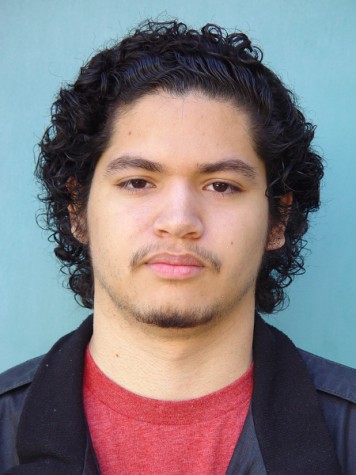Three years of severe budget cuts by the state has made the college cut classes this winter session to deal with the financial crisis.
“I don’t know when we’re going to get winter session back,” said Vice President of Instructional Services Mary Mirch. “We’re trying to meet the needs of the students as much as possible but at the same time we have to operate within the budget we have.”
The final budget was board approved in the middle of September. It was an administrative decision to cut classes.
“The cuts are required to balance our budget,” said Ron Nakasone, executive vice president of administrative services. “The college thought it was better to try and protect fall and spring as much as possible.”
There will only be a few winter classes offered this winter session, including nursing, athletics and fire technology.
The reason these specific classes are being offered over others is because the nursing curriculum is designed so that the introductory class is only served during the short sessions.
The fire academy also has a year-round curriculum.
As for athletics, there are requirements from the commissions that require individuals enrolled to log in a number of hours in the class.
Regular physical education classes will not be offered.
Another class that will be offered is the oceanography class, which is held in Baja, Calif. Glendale College owns the field station there and it must be used during the winter session for seasonal reasons. It is an open class.
Other classes to be offered relate to contract education. They are business courses in a defined curriculum offered off-campus only to individuals involved in that program. Most of these classes are cohort programs.
When describing the funding formula for community colleges, Mirch said, “We have a base number we’re supposed to maintain. The state is not providing any growth at this
point so we don’t get paid for additional students. When students pay tuition, the money goes to the state.”
The state uses the formula to send money back to the college. When the state defers money, the college does not have much recourse.
In the past, GCC was over-capped, meaning it served more students than the college was paid for. The college no longer has that luxury.
Mirch said that community colleges go through budget problem cycles that last between one to three years, and it may be another two years to go before the state actually sees money come in. The problem associated with not increasing taxes has been a big part of it.
“Without increasing state revenue, the state isn’t paying us the amount of money that they’re supposed to be paying us,” said Mirch.
Offering online classes costs money as well. The faculty pay scale is the same for those who teach on and off campus, so that is not a solution to the problem.
Summer classes are also in danger of being cut. Glendale College used to have two summer sessions, but for the last two years there has only been one. It is not yet known if next summer session will be cut.

